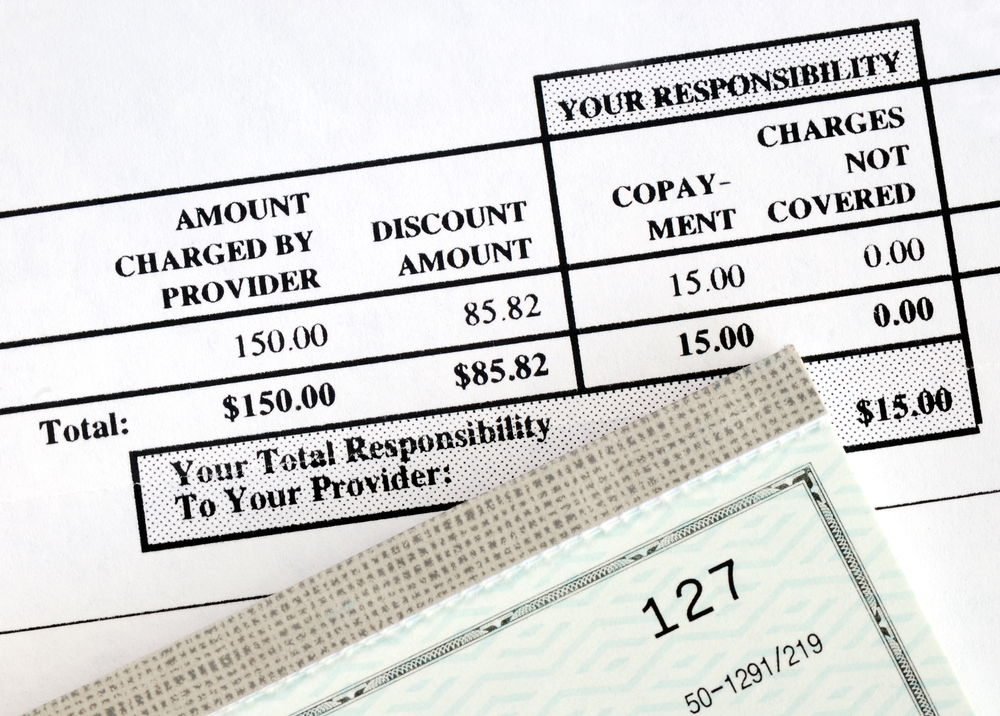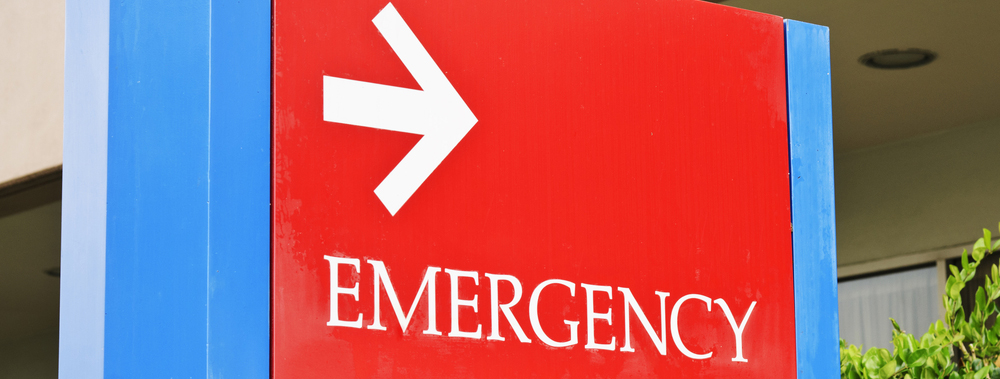How Healthcare Providers Can Prepare for the No Surprises Act
Aug 24, 2021

The No Surprises Act, passed on December 27, 2020, will take effect on January 1, 2022. This act is designed to protect patients from surprise medical bills. But what exactly does the No Surprises Act do and how can medical practices prepare for its implementation?
What Is a Surprise Bill?
Surprise medical bills often occur when a patient receives out-of-network medical care. This can happen when a patient is taken to the hospital emergency room and doesn’t have a choice in who provides their medical care. Surprise out-of-network charges can also occur if a patient goes to a hospital, practice, or clinic that is in their network but receives out-of-network care while there. This could be in the form of an out-of-network anesthesiologist during an in-network surgery, for example.
Charges for out-of-network medical costs are typically higher and the insurance company may be unwilling to pay them. When this happens, the medical provider then sends the bill to the patient, which is called a ‘balance bill’ because the patient is then expected to pay the balance. However, the patient may not have known that they had received out-of-network care and are surprised either by the bill itself or by the higher cost of the bill.
What Is the No Surprises Act?
Balance billing has resulted in high costs for patients in both emergency and non-emergency situations. The No Surprises Act (NSA) is designed to protect patients from surprise medical bills and, in particular, balance bills. If a patient receives out-of-network medical care for an emergency or out-of-network care at an in-network medical facility such as a hospital or practice, they will only have to pay what it would have cost had that care been completely in-network. In these circumstances, medical providers will also be banned from sending patients balance bills for the higher out-of-network medical costs.
What Medical Services Are Covered By the NSA?

The NSA prevents balance billing or surprise billing for emergency medical care. Patients don’t always have the choice in where they receive care if they are taken to the emergency room. This prohibition also includes air ambulance services, but does not include ground ambulances. The NSA also prohibits balance billing in cases where a patient received non-emergency care by an out-of-network provider at an in-network location.
How Can Medical Providers Prepare for the NSA?
Although the NSA will certainly shake up medical billing processes, medical providers have several months to prepare for the change, as the act isn’t set to take effect until 2022. Many of the changes are on the part of the insurance company. Insurance companies can’t use waiting periods or prior authorization for emergency services. When it comes to cost-sharing and co-pays, insurance companies must treat out-of-network services at an in-network location as if they were in-network.
Another key provision of the NSA is that it sets up an ‘informal dispute resolution’ (IDR) process. This is the most important part of the legislation for medical providers. In situations where providers are now prohibited from billing the patient for the balance if an insurance company won’t cover the costs, the IDR process is how the medical provider can seek relief when a claim is underpaid. The biggest task for medical providers in 2021 will be helping to shape the rules of the IDR process as well as learning how to submit claims.
What Are the Rules of the IDR Process?
The rules are still in the process of being laid out throughout the remaining months of 2021. It will be important for medical providers to consult with attorneys who are versed in the IDR rules so that they know and understand all of the rules, once they are set. Medical billing software and the reports that it generates will also be indispensable to medical providers when it comes to the dispute resolution process.
Want more medical industry news?
Browse our blog for the latest stories about medical billing and the medical industry.
Browse Our BlogFor informational purposes only.

